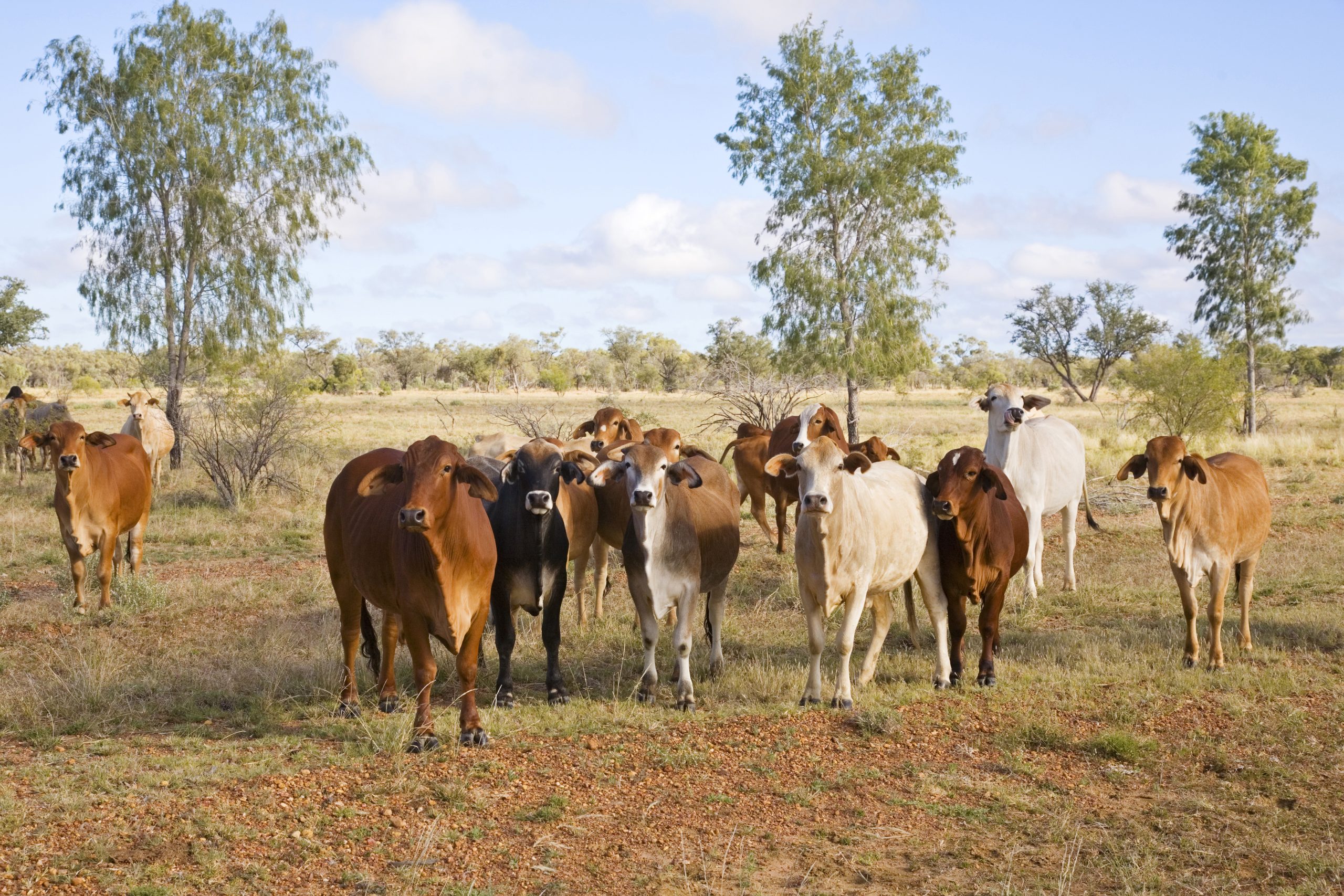Project summary
Objective
To discover pasture and browse plants in northern Australia that naturally reduce methane emissions from cattle, and to develop smart tools that help measure how much of these plants are growing and being eaten, so producers can manage grazing in ways that cut emissions.
Timeline
2025 - 2028
Investment
The CRC will invest $4.4 million over three and a half years.
Program lead
Vicki Lane
Overview
The Northern Australia Low Methane Feedbase Program is a national research collaboration focused on identifying pasture and browse plant species that can reduce enteric methane emissions in extensively grazed cattle systems across Queensland, the Northern Territory, and Western Australia.
Program
This project is being completed as part of Program 1: Low Emissions Plant Solutions
Details
Importance
Northern Australia accounts for over 62% of the national beef herd, primarily grazing on native pastures. Existing methane mitigation strategies are often unsuitable for these extensive systems. This program addresses a critical gap by developing region-specific, practical solutions for methane reduction in northern grazing systems.
Impact
The Northern Australia Low Methane Feedbase Program aims to reduce methane emissions from northern Australia’s beef herd by 20 to 40 percent. If just 10 percent of the herd adopts the strategies, this could avoid 8.2 million tonnes of carbon dioxide equivalent over 10 years, which is valued at approximately $238 million. The project will identify pasture and browse plants that reduce methane, develop prototype tools to measure their presence and intake, and explore both commercial and non-commercial ways to help producers adopt these solutions.
Project team
This project brings together experts from Department of Primary Industries Queensland, Northern Territory Department of Agriculture Fisheries, Department of Primary Industries and Regional Development Western Australia, The University of Queensland, University of Western Australia, Charles Darwin University, AgForce Queensland Farmers Limited, Ag Tech Consortium (via Axis Tech), Australian Agricultural Company and Yawuru.
Pathways to Adoption
Adoption will be supported through targeted extension activities, including producer demonstration sites, field days, and integration with existing programs. Communication and training materials will be developed in collaboration with industry partners to ensure relevance and accessibility. The project will also explore commercialisation pathways for promising low-methane plant varieties and bioactive compounds.
PhDs
This project includes up to three PhD students who will contribute to core research themes and be engaged with regional hubs to support local engagement and data collection.

